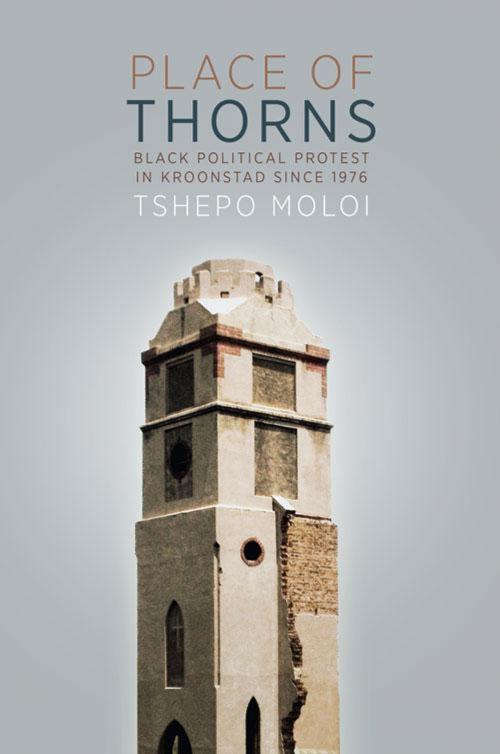Place of Thorns
Black Political Protest In Kroonstad Since 1976
Nonfiction, History, Africa, Social & Cultural Studies, Political Science| Author: | Tshepo Moloi | ISBN: | 9781868149070 |
| Publisher: | Wits University Press | Publication: | June 1, 2015 |
| Imprint: | Wits University Press | Language: | English |
| Author: | Tshepo Moloi |
| ISBN: | 9781868149070 |
| Publisher: | Wits University Press |
| Publication: | June 1, 2015 |
| Imprint: | Wits University Press |
| Language: | English |
Place of Thorns: Black Political protest in Kroonstad since 1976, is a landmark study that examines the tumultuous and often fractious politics in Kroonstad?s black townships. In spite of the town?s relative obscurity, the author demonstrates a rich tradition of civic and political life in its townships and provides a persuasive explanation for the violence unleashed in the 1990s after decades of relative political ?quiescence?. Based on scores of life-history interviews, the book illustrates a shift in the political mood from 1976 onwards. Inspired by the philosophies of black consciousness and the Congress movement, students developed a radical attitude and they spearheaded and shaped political protests in the townships up to the 1990s. However, tensions between the local civic associations and the regional and national ANC leadership ultimately cost the ANC the first democratic local government elections in Kroonstad. As a work of revisionist history, this book showcases South Africa?s nuanced liberation history that unfolded in smaller, less known places. The book is essential reading for scholars and students, and everyone interested in the South African liberation history, ?local? histories, political mobilisation and protests.
Place of Thorns: Black Political protest in Kroonstad since 1976, is a landmark study that examines the tumultuous and often fractious politics in Kroonstad?s black townships. In spite of the town?s relative obscurity, the author demonstrates a rich tradition of civic and political life in its townships and provides a persuasive explanation for the violence unleashed in the 1990s after decades of relative political ?quiescence?. Based on scores of life-history interviews, the book illustrates a shift in the political mood from 1976 onwards. Inspired by the philosophies of black consciousness and the Congress movement, students developed a radical attitude and they spearheaded and shaped political protests in the townships up to the 1990s. However, tensions between the local civic associations and the regional and national ANC leadership ultimately cost the ANC the first democratic local government elections in Kroonstad. As a work of revisionist history, this book showcases South Africa?s nuanced liberation history that unfolded in smaller, less known places. The book is essential reading for scholars and students, and everyone interested in the South African liberation history, ?local? histories, political mobilisation and protests.















